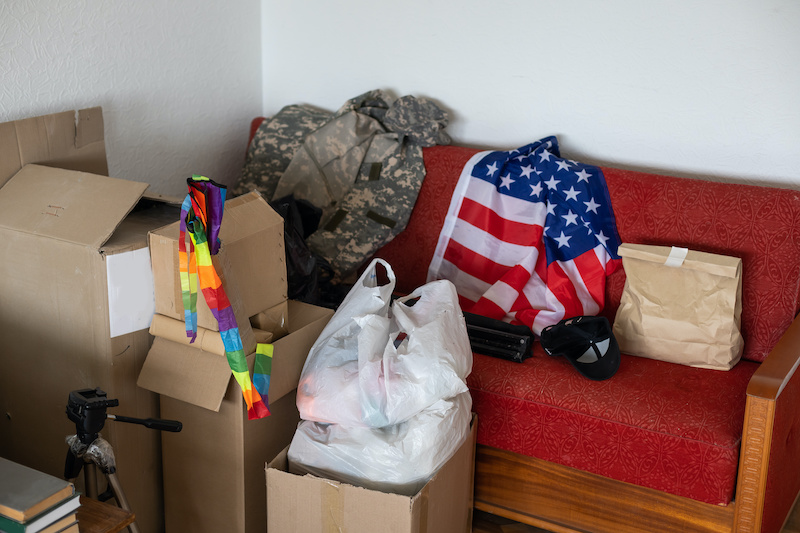Navigating the 2025 Military Moving Landscape
As a real estate professional deeply familiar with the demands of military life, I understand that Permanent Change of Station (PCS) moves are a frequent and often stressful part of your service. In 2025, while the core process remains similar, military families may still encounter challenges such as potential delays with transportation services, fluctuating housing markets in destination locations, and the ever-present need for meticulous planning. Staying organized and proactive is key to mitigating these stressors and ensuring a smoother transition for you and your family.
Preparing for Your PCS: A Step-by-Step Guide
A successful PCS move hinges on careful preparation. Here’s a checklist of top tips to help you navigate the process with less friction:
1. Stay Informed and Organized from the Start
Once you receive your PCS orders, gather all relevant documentation and create a dedicated file, either physical or digital. This should include your orders, contact information for your transportation management office (TMO), and any important deadlines. Regularly check for updates and communicate proactively with your TMO.
2. Understand Your Entitlements and Options
Familiarize yourself with your moving entitlements. Will the government handle your move, or will you opt for a Personally Procured Move (PPM), formerly known as a DITY move? Understanding your options and the associated financial implications early on is crucial for budgeting and planning.
3. Create a Realistic Timeline
Develop a detailed moving timeline, working backward from your report date. Factor in time for packing, scheduling movers (if applicable), travel, temporary lodging, and house hunting at your new duty station. Be realistic and allow for potential delays.
4. Declutter Ruthlessly
A PCS move is an excellent opportunity to declutter. Go through each room and decide what you truly need and want to take with you. Consider selling, donating, or discarding items you no longer use. This will reduce the volume of your shipment and potentially save time and stress.
5. Start Packing Early and Strategically
Don’t wait until the last minute to begin packing. Start with non-essential items and work your way through your belongings. Pack room by room and label boxes clearly with their contents and destination room. This will make unpacking much easier. Consider using high-quality packing materials to protect your items during transit.
6. Inventory Everything
Create a detailed inventory of all the items you are moving. This is essential for tracking your belongings and for filing any potential claims for loss or damage. Take photos or videos of valuable items before packing.
7. Secure Important Documents and Valuables
Keep important documents, such as financial records, medical information, and PCS orders, with you. Don’t pack them with your household goods. Similarly, transport valuable items like jewelry and irreplaceable family heirlooms personally.
8. Make Arrangements for Pets and Vehicles
If you have pets, research transportation options well in advance. Some airlines have restrictions, and ground transportation can take time. Plan for any necessary veterinary appointments and ensure you have their updated records. Similarly, if you are shipping a vehicle, understand the process and timelines involved.
9. Plan for Temporary Lodging
Whether you are driving or flying to your new duty station, arrange for temporary lodging upon arrival. This could be on-base lodging, a short-term rental, or a hotel. Booking in advance is highly recommended, especially in popular military areas.
10. Connect with Your New Community
Before you arrive, try to connect with resources and communities at your new duty station. This could include online military spouse groups, base housing offices, and real estate agents familiar with the area. Gathering information beforehand can help you hit the ground running.
11. Be Prepared for the Unexpected
Despite meticulous planning, unforeseen issues can arise during a PCS move. Maintain a flexible attitude and have a contingency plan in place for potential delays or challenges.
12. Lean on Your Support Network
Don’t hesitate to lean on your family, friends, and military support networks during this transition. They can offer practical help, emotional support, and valuable advice.
A PCS move can be a demanding process, but with careful planning and a proactive approach, you can significantly reduce stress and ensure a smoother transition to your new duty station. Remember, you are not alone in this process, and there are numerous resources available to support you every step of the way.




